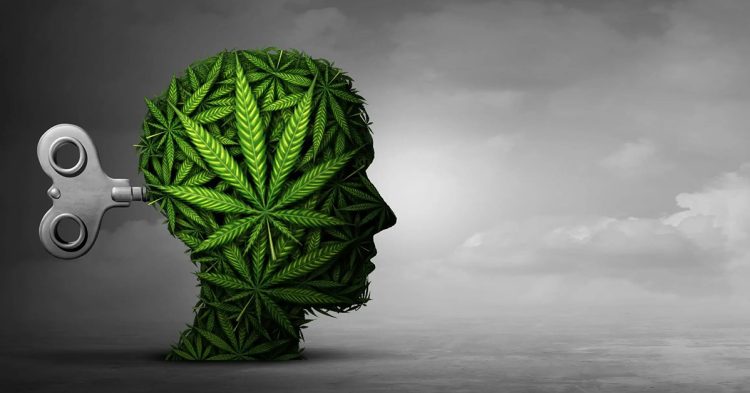Young individuals using high-potency cannabis between ages 16 and 18 are at a greater risk of developing psychosis by their mid-twenties compared to those using lower-potency cannabis. This research from the United Kingdom’s University of Bath is the first longitudinal study to link early cannabis use with potency levels and later psychotic experiences, utilizing data from the Children of the 90s study.
Key findings include:
- High-potency (10% or more THC) cannabis users have double the rate of psychotic experiences compared to those using less potent forms (10% or less THC).
- 10.1% of high-potency users developed new psychotic symptoms, whereas only 3.8% of lower-potency users did.
- THC levels in cannabis have significantly increased over the years, potentially worsening mental health issues among young users.
Data for this study was drawn from the Children of the 90s project, which began in Bristol over 30 years ago. Nearly 14,000 individuals were recruited from birth, and many continue to participate. At ages 16 to 18, participants reported their cannabis use, and by age 24, they provided details on their primary cannabis type and any psychotic experiences such as hallucinations or delusions.
Dr. Lindsey Hines from the University of Bath’s Department of Psychology noted that young people using high-potency cannabis are twice as likely to experience psychosis-related symptoms like hallucinations and delusions. Importantly, these young people had not reported such experiences before starting cannabis use, suggesting that high-potency cannabis negatively impacts mental health.
The study also ties into broader research from the ALSPAC study, exploring various topics from prenatal medication effects to social media’s impact on self-harm. Specifically:
- 6.4% of young cannabis users reported new psychotic experiences, compared to 3.8% of non-users.
- 10.1% of high-potency users reported new psychotic experiences after starting use, compared to 3.8% using lower-potency cannabis.
- High-potency users were over twice as likely to report new psychotic experiences compared to lower-potency users.
The research showed that high-potency cannabis use at ages 16 or 18 was linked to twice the likelihood of new psychotic experiences from ages 19-24. There was less evidence for any cannabis use impacting new psychotic experiences. High-potency cannabis use appears to increase the likelihood of psychotic experiences.
Researchers are advocating for better evidence on the long-term outcomes of high-potency cannabis use and measures to reduce its availability to young people. Dr. Hines emphasized the importance of understanding the long-term effects of high-potency cannabis in young people, calling for improved messaging and information on cannabis use impacts in the 21st century.
Original Research: Open access. “Incident psychotic experiences following self-reported use of high-potency cannabis: Results from a longitudinal cohort study” by Lindsey Hines et al. Addiction
What is Psychosis?
Psychosis is a mental health condition characterized by a disconnection from reality. Individuals experiencing psychosis may have hallucinations, where they see or hear things that are not present, or delusions, which are strong beliefs that are not based in reality. Psychosis can be a symptom of serious mental health disorders like schizophrenia, bipolar disorder, or severe depression. It can also be triggered by substance use, extreme stress, or trauma. Early diagnosis and treatment are crucial for managing psychosis and improving outcomes for those affected.
READ UP ON: Exploring the Link Between Cannabis Use and Mental Health









